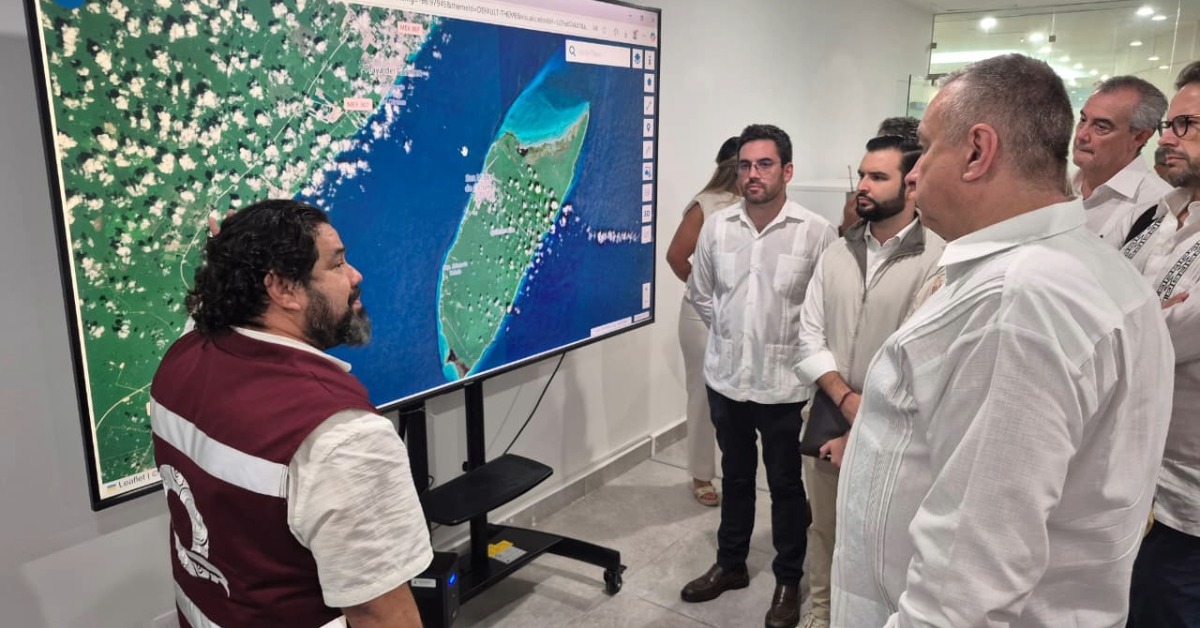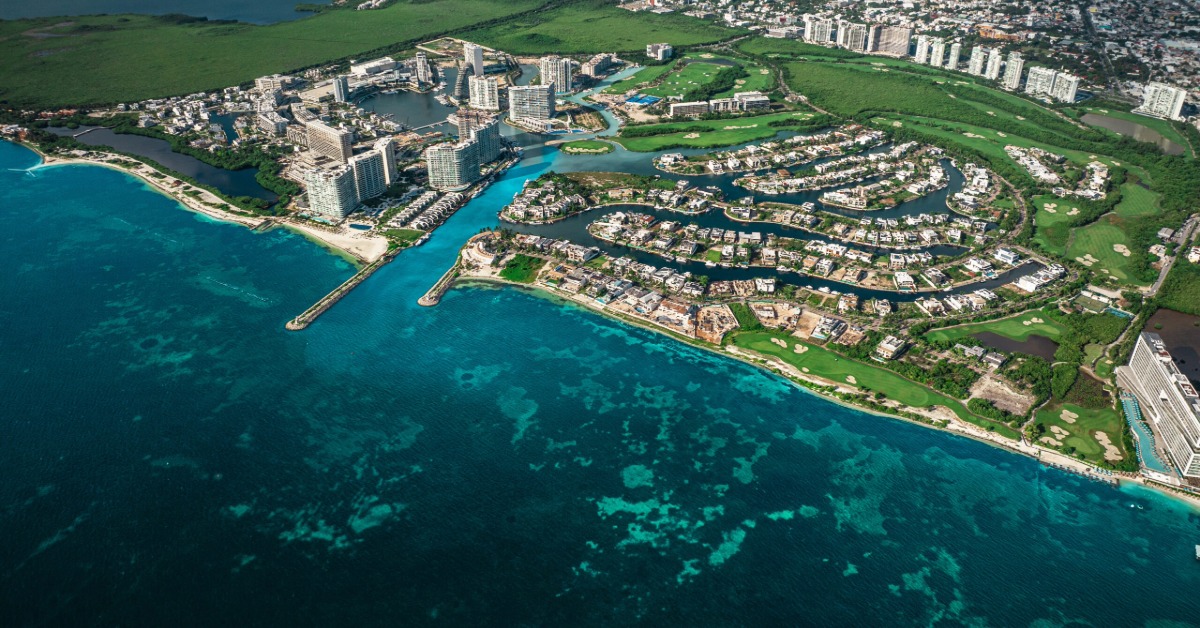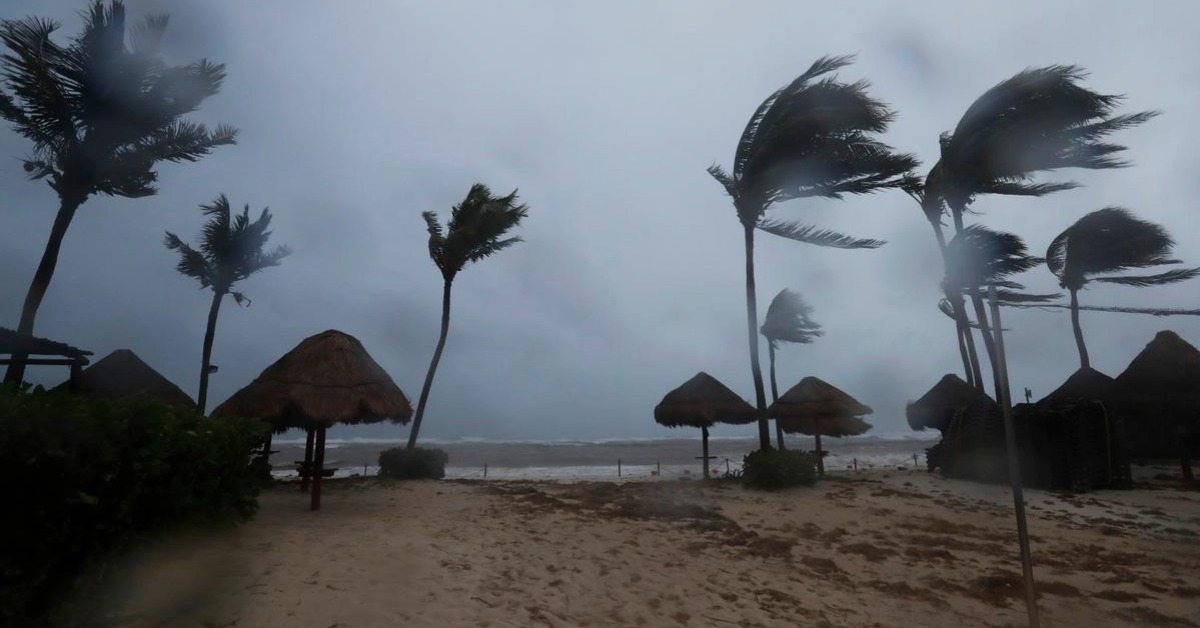So far this year, inspectors of the Federal Environmental Protection Agency (PROFEPA) in Baja California confiscated 111 fishing nets, 22 boats, three outboard engines, and 4.5 tons of illegal fishing supplies.
Surveillance of the Sea of Cortez has increased due to international pressure on the Mexican government to help protect the vaquita whale.
The new strategy brings together three government agencies to oversee surveillance and two new bases of operation in San Felipe and Santa Clara to allow better coverage of the more than 12,000 square kilometers of sea.
Secretariat of Environment and Natural Resources added $80 million . . .





